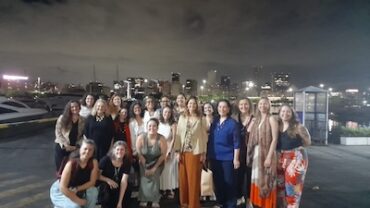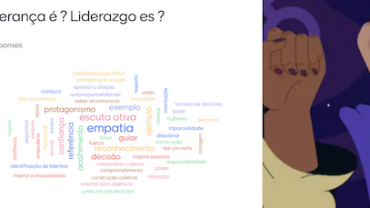

Rural-peasant, indigenous, and agricultural-women continue to face structural inequalities and socioeconomic policies that limit the recognition and full valuationof their reproductive, productive, and community work.3As a result, and although their work supports them, rural women have little chance of participation and leadership in decision-making mechanisms, in the execution of agrarian or rural development programs, and in productive systems. Furthermore, they still face important limitations in their access to financial resources, credit, markets and others, as well as health, education, justice, housing and sanitation services, among others, that undermine the full exercise of their rights in all areas.
During the global COVID-19emergency, rural women face the same challenges as all women -exacerbation of the care crisis, economic precariousness and increasing poverty, lack of access to goods and essential services, limited mobility, and increased gender-based violence.5They also face them from rural areas that present a series of additional obstacles, including higher rates of malnutrition, the disappearance of public services along with an increase in the burden of care, the devastation of poor rural communities with the spread of COVID-19, and the disruption of the food production chain that particularly affects small-scale food producers.
In light of its historic role in promoting and adopting international standards for the protection and guarantee of women’s rights, as well as its support for OAS member states to fulfill these international commitments, the CIM reiterates the importance of the actual and potentialcontributionof more than 58 million rural women
Access here the position document Rural women, Agriculture and Sustainable Development in the Americasin theContextof COVID-19



